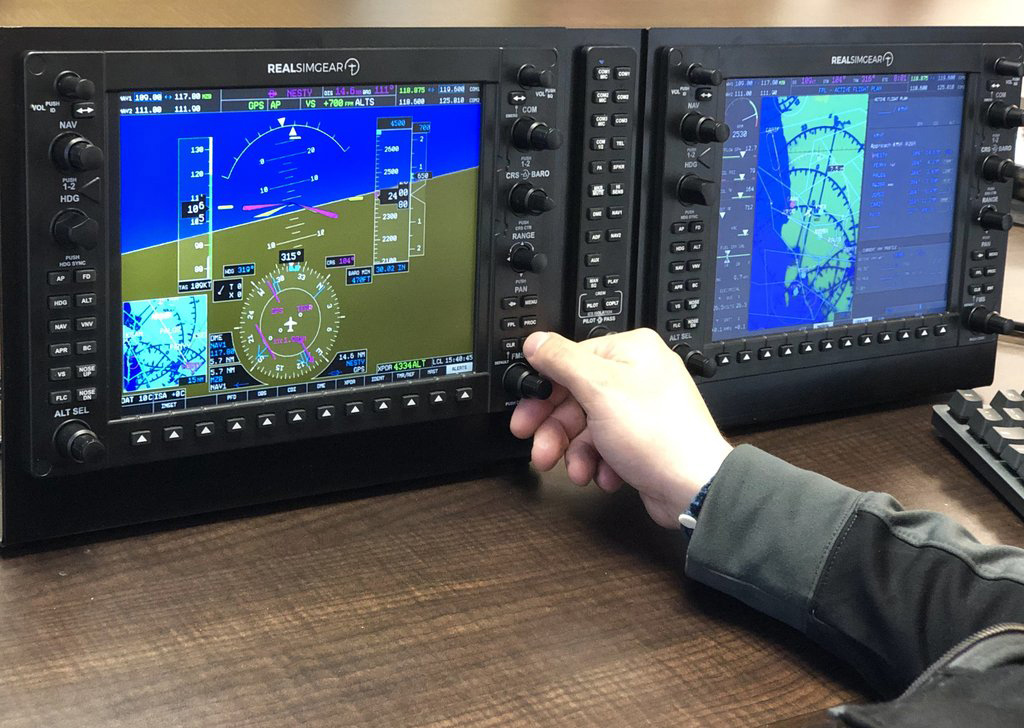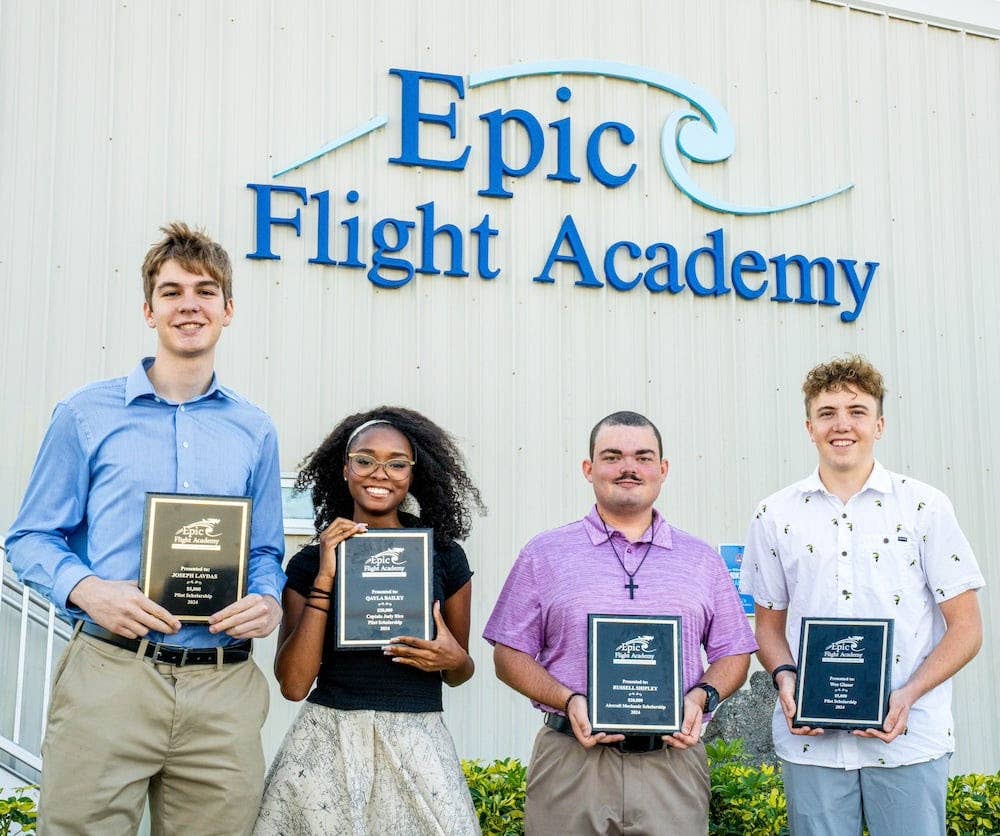
May 2010 — We asked two nationally recognized experts in flight training to weigh in on the effectiveness of "accelerated" flight training — those weekend, 10-day or short-term immersion courses that offer flight ratings in short periods of time. Their opinions differed somewhat — John King is a more unabashed fan of accelerated learning than is Michael Phillips. But they both agreed that accelerated learning can be effective with a reputable company, a well-designed training program and a well-prepared pilot.
Michael Phillips is a Master Flight Instructor and a charter member of the Society of Aviation and Flight Educators (SAFE). He instructs at CP Aviation in Santa Paula, California. He says:
“The simple answer is ‘maybe.’ This answer is based on working with clients who have been through an accelerated program, discussions with designated pilot examiners and personal experience.
“I know pilots and instructors who have been through various types of accelerated training programs. The results have been both positive and negative. The good programs and positive outcomes resulted from a well-designed program facilitated by professional management and instructors working with clients who have a solid foundation on which to build additional skills. They were also programs that were able to adapt to the needs of the pilot training. The programs that are lacking in these key areas may offer a service that results in a certificate, but the pilot does not feel safe, competent or confident.
“The strength of these programs is personal attention and total immersion. They are not designed for someone who has demonstrated weaknesses in basic piloting skills or cannot disconnect from daily life. Also, if you choose an accelerated program, complete the knowledge test for the rating being sought prior to beginning the course. This will free you up to concentrate on the practical application of the material covered in the written exam and will allow you to focus on your flying and preparing for the practical test.
“If you do not have time constraints or other factors that require that you achieve your goal in a specified period of time, you can achieve the same outcome at a professionally run flight training center, without the total immersion, and complete your goal in a reasonable period of time. The flight school must demonstrate the same prerequisites outlined for the accelerated program. This option allows you more flexibility but will still require focus and commitment.
“If you are considering an accelerated program, it is tantamount that you understand your situation and your learning style. Thoroughly evaluate your options and ask for a list of references so that you can speak directly with pilots who have trained in the program or flight school that you are considering.”
John King is the co-owner of King Schools. He says:
“There are many people who argue that accelerated learning will not give the student the time to learn knowledge and skill thoroughly. But within the limits of fatigue, I believe the more quickly one learns something, the better they will learn, because when a student learns over a shorter period of time, the experiences are more recent and vivid.
“There is no rule of learning that says that the longer it takes you to learn something the better you will learn it and the longer you will retain it. On the other hand, there is a rule of learning that says that the better you can make associations and correlations, the more you will understand the relationships and the better you will have the big picture, with all the pieces falling into place. So I am a fan of accelerated learning, especially in scenario-based instruction in which you learn in the context of how you will use what you learn.
“How do you know that the folks you are working with haven’t lowered the standards or left something out just to get you done in a certain time frame? Well, there are two protections for you built right into the system. They are the knowledge test and the practical test. As a general rule, if you can pass both of these tests, you know your material.
“But what about organizations that “teach to the test”? I’ve got news for you. Everybody to some extent teaches to the test. The FAA is so specific and sometimes tricky about what it wants you to know that, if course providers and flight schools don’t teach to the test, their students won’t do well.
Having said all of this, you can improve your odds of getting thorough training by selecting a school with a long history of getting the job done. In today’s age of social networking and Internet forums, bad actors are revealed and don’t last long.
“So in my mind, there are great advantages to accelerated learning, but no matter how well you learn something, for long-term retention you need to put it into practice. It is just one more reason to keep flying.”

Sign-up for newsletters & special offers!
Get the latest FLYING stories & special offers delivered directly to your inbox






